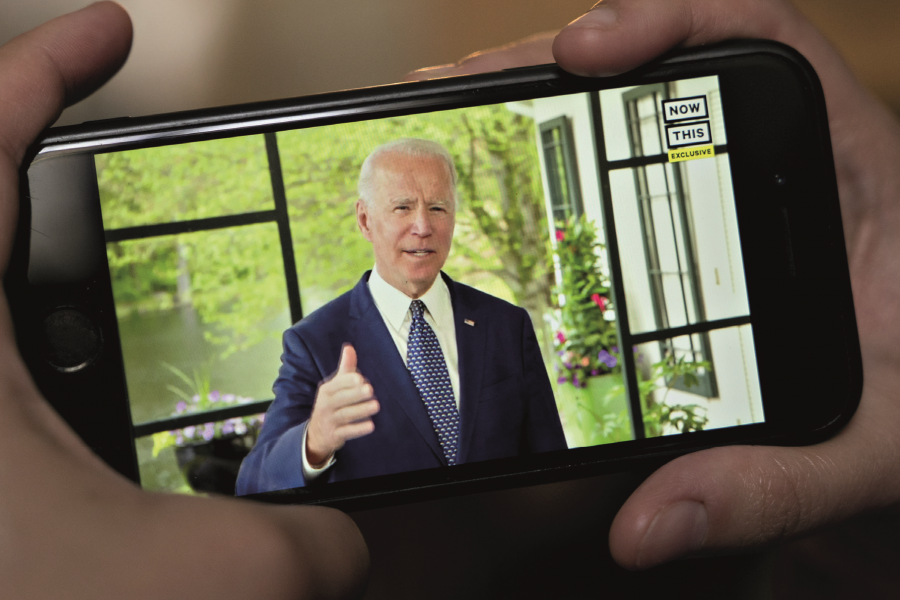New Studies Published on Television and Digital Advertising in the 2022 Midterms

(MIDDLETOWN, CT) February 22, 2023 – New research published by the Wesleyan Media Project provides two summaries of political advertising activity in the 2022 midterms. The two pieces appear in the latest issue of The Forum: A Journal of Applied Research in Contemporary Politics and are both freely available through open access. The first examines advertising trends on television across all sponsors (open access link) while the second hones in on digital activity on Meta (including Facebook and Instagram) and Google (including YouTube, display and search) by federal candidates (open access link). Key takeaways from the publications are as…
Wesleyan Media ProjectFebruary 22, 2023




